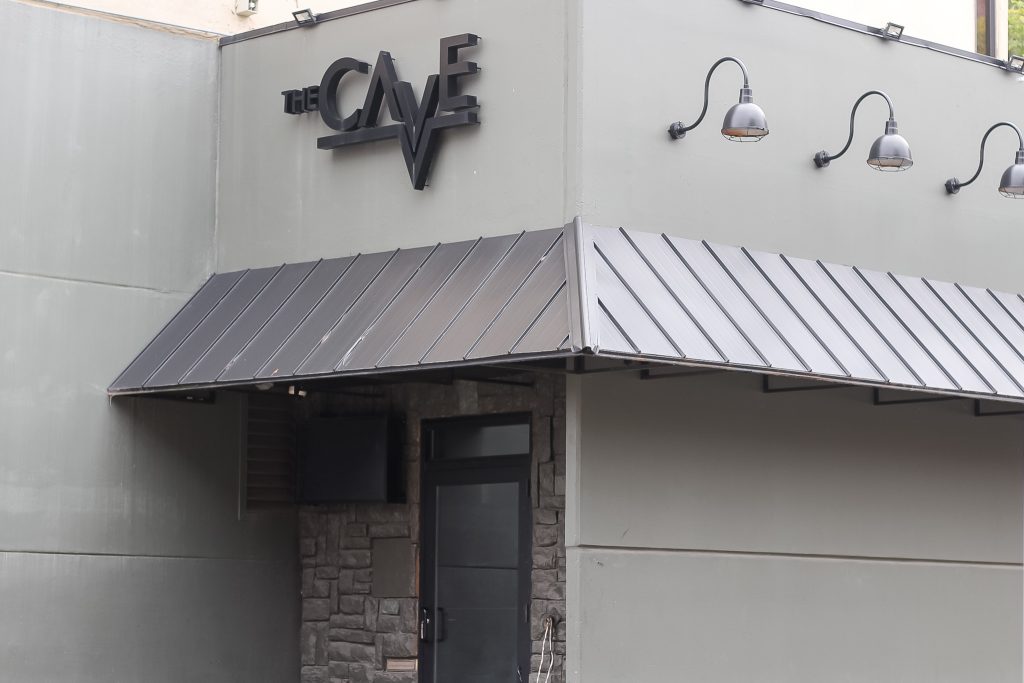Binghamton Mayor Jared Kraham is cracking down on “nuisance properties” across the city.
Amid the newly amended “Lockdown Law,” which establishes a legal mechanism to shut down public nuisances, Kraham warned four properties in the Binghamton area of their violation of the law. The statute, formally the Property and Building Nuisance Reform Law, was amended on June 8 by the Binghamton City Council, and signed by Kraham the next day. The vote was unanimous with six “ayes” and one “absent.”
The warned properties were 53 Chenango St., the address of The Cave Nightclub, Five Grace St., a 16-bed, eight-bath housing complex, 314 Prospect St., a house with repeated police calls for violence and noise and 92 Robinson St., an alleged illegal after-hours nightclub.
Kraham described complaints that he heard from the community during his successful bid for office last year, as well as his thoughts about the effectiveness of the law.
“I was in every neighborhood of the city and residents would bring up nuisance properties,” Kraham said. “Without the Lockdown Law, the city doesn’t have a really important tool to stop nuisance [and] criminal activity from going on at these properties.”
Brian Seachrist, the City of Binghamton attorney, explained the framework of the law and included specific dated offenses in the formal written notices sent to identified “problem properties.” Under the law, businesses are given between two and 12 points for operations-related incidents occurring at or immediately adjacent to their building. They are deemed a public nuisance if they accrue 12 points in six months or 18 points in 12 months.
Businesses receive two points for misdemeanors like loitering, littering, excessive noise or dangerous and unlicensed dogs. They receive four points for crimes like disorderly conduct by individuals, illegal gambling and violations of the Alcohol Beverage Control (ABC) laws. Transgressions worth six points include controlled substance abuses, welfare fraud and overfilling a building above occupancy limits. Prostitution, firearms violations and sexual performances by minors are 10 points, and 12-point violations include murder, attempted murder, assault and sex offenses.
Once official notice is received, individual businesses have the opportunity to work with the city to fix the problem. If corrective action is not taken, the city has the legal right to seek up to a year-long shutdown.
Kraham expressed his belief that the Lockdown Law is beneficial for Binghamton.
“The Lockdown Law is a positive tool that city officials can use to make neighborhoods safer,” Kraham said. “The less nuisance activity and the less criminal activity we have in the city, the safer it will be. [It] sends a message to bad landlords, [their actions] will not be tolerated.”
Kraham added that proximity to the University was not the source of the problem, because most properties lay outside the area of the bars and clubs frequented by students.
Will Cohen, a sophomore majoring in political science, described his experience at The Cave, one of the warned establishments.
“The Cave feels like the opposite of bars like [Tom and Marty’s] and The Rat,” Cohen wrote. “There’s a real dance floor, couches and the crowd is never too bad.”
Despite catering to different demographics, The Cave received 24 points since March 2022, including twelve for an assault incident on May 22, 2022.
Another property, located at 5 Grace St., received 34 points since Feb. 2022, the most points received of all those targeted. This property had several reported issues, including uninhabitable living conditions and neglect. Two cases of assault and two cases of fighting, among other problems, were noted in the official letter sent to the property management company.
Roger Raub, a tenant at the building, recently described the living conditions to WITV, a local news station in Binghamton associated with ABC.
“[The] apartment next to me is condemned with an infestation of bugs,” Raub said. “I can go anywhere and get that. I don’t want to be with bugs. I don’t want to have to worry about fecal matter. If no one is going to repair anything, why are the rent prices so high?”
Nathan Slisher, a sophomore majoring in environmental science, described his feelings toward Binghamton’s livability.
“Before coming to Binghamton, I had heard stories telling me to be careful living here,” Slisher said. “Now that I am considering living off campus next year, it is good to hear that change is in the works and that our public authorities are actually doing something to make Binghamton a better place to live.”



